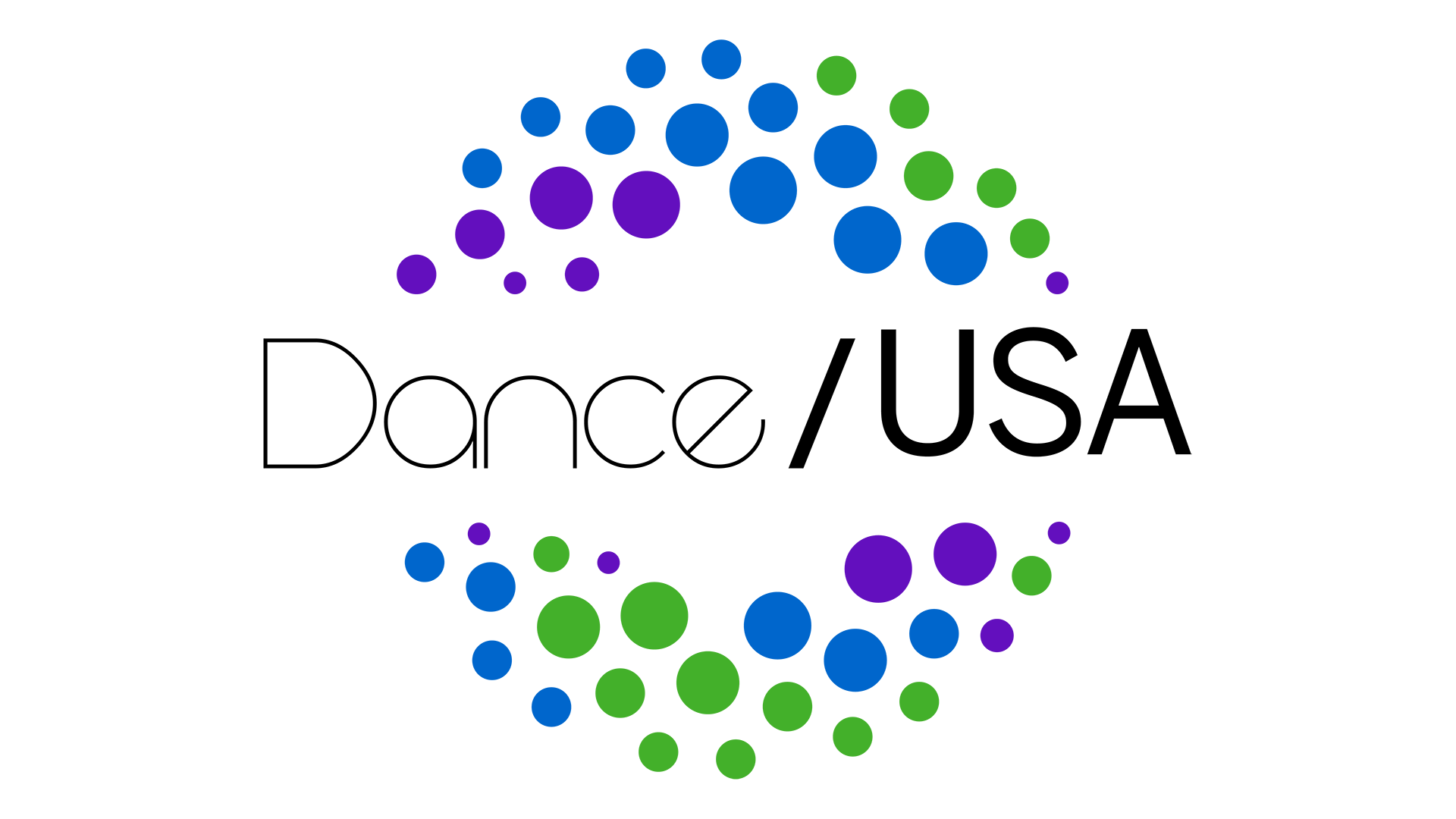By Brandon Gryde
This fall, arts advocates will closely monitor the work of the Joint Special Committee on Deficit Reduction (also known as the Super Committee), the group of 12 congressional leaders from the Senate and the House of Representatives who are tasked with reducing the federal deficit by $1.5 trillion. In addition to analyzing spending, President Obama has tasked the Super Committee to find an additional $447 billion to fund the American Jobs Act, primarily paid for through tax reform. The President once again proposed capping the charitable deduction at 28 percent for higher income earners. This could lead to a $7 billion reduction in charitable giving, which makes up approximately 40 percent of the revenue for the dance field. Already, Dance/USA has added its name to a letter to the Super Committee informing them of not only of the value of the arts in America but the fact that the arts supports jobs in many districts. (Visit the Performing Arts Alliance to send a personalized message to your legislators about protecting the charitable deduction.)
It’s important at times like these to remain actively engaged with our elected officials. This might mean contacting them about the important role of government funding for the arts and arts education, the role the charitable deduction has in strengthening the arts in every community, or the value in making sure that the nonprofit arts sector is considered in any legislation benefitting employers.
Across the country, dance companies are working creatively to tell the story about the essential role arts play in the community by reaching out to their elected officials. In mid-August, 10 mayoral candidates participated in the San Francisco Arts Forum. (Dance/USA members Dancers Group and the San Francisco Ballet were among the sponsors.) Each candidate offered an arts platform and answered a series of prepared questions. It’s easy to look at this and think, “Sure, but that’s in San Francisco. I’m in Manassas!”
Last May, Virginia’s Manassas Ballet Theatre took a step beyond inviting local legislators to attend the ballet; they invited them to be in the ballet. Manassas Mayor Harry J. “Hal” Parrish and Prince William County Supervisor Marty Nohe both took on minor roles in a performance of Romeo and Juliet and rehearsed and performed alongside the dancers.
In an Inside Nova article, Mayor Parrish said, “This is really the first time I’ve had the opportunity to really see into what takes place to get ready for a ballet like this. These young people really, really are athletes. They work hard at it and they care about it. My hat goes off to them.”
If the company didn’t reach out to its mayor, this powerful statement would never have been heard. In addition to observing the dancers’ hard work, I imagine that the two elected officials also saw the production crew and theater staff working equally hard at their respective jobs. They witnessed firsthand a thriving local business with a variety of employees displaying diverse talents and working together to enhance the quality of life of their community.
While several cities participated in FOX Television promoted National Dance Day on July 30, 2011, including Dance/USA member Ballet Austin, many state and local governments offer opportunities to their constituents for making proclamations in relation to certain initiatives. Does your community have an annual dance festival? Perhaps requesting a public Dance Week proclamation is in order. Republican Governor Jan Brewer of Arizona, whose 2012-2013 budget proposal includes a 30 percent cut to the Arizona arts council, provides information about how to request a proclamation and even offers Dance Week as an example. I’m not sure if Dance Week exists in Arizona, but this strikes me as an excellent opportunity to demonstrate to the larger public how dance improves the lives of residents in this state. The U.S. Department of State has used dance for years as a means of cultural diplomacy and cross-cultural understanding; certainly Arizona, still smarting from the impact of recent violence and the difficult discourse over cultural barriers, could also use dance as a form of healing and communication.
Though there’s still time before Congress gets to the nitty gritty of appropriations, it’s important to begin engaging our elected officials now. If you haven’t already connected with them, now is the time to do it. Building these relationships today will smooth the way when you begin asking for money tomorrow.
We care about dance and the arts; we wouldn’t do this work if we didn’t. We also believe that government support for the arts—locally, statewide, and nationally—ensures healthy and vibrant cultural communities, supports millions of jobs in the arts, and provides needed arts education that will yield our next generation of creative, innovative, well-rounded American citizens.
We want our legislators to care as much about the arts as we do. Let your voice be heard.
How is your community educating, and engaging your legislators? Let us know by emailing Dance/USA’s Government Affairs office at advocacy@nulldanceusa.org.
Brandon Gryde is director of government affairs for both Dance/USA and OPERA America. Prior to that he served two years as director of communications for Youth Service America, an international youth engagement organization, where he worked to increase awareness about the positive impact children and youth make in their communities through service and service-learning. Prior to moving to Washington, D.C., Brandon spent more than seven years at Jump Street, an innovative community arts organization in Harrisburg, Penn. He managed a state re-granting initiative in partnership with the Pennsylvania Council on the Arts and launched AND Magazine, a quarterly arts and healthy lifestyles publication written by teens, for teens. Brandon has a B.A. in Ethnomusicology and American Literature and Culture from UCLA and an M.A. in American Studies from Penn State.
____
We accept submissions on topics relevant to the field: advocacy, artistic issues, arts policy, community building, development, employment, engagement, touring, and other topics that deal with the business of dance. We cannot publish criticism, single-company season announcements, and single-company or single artist profiles. Additionally, we welcome feedback on articles. If you have a topic that you would like to see addressed or feedback, please contact communications@danceusa.org.
Disclaimer: Opinions expressed in guest posts do not necessarily represent the viewpoints of Dance/USA.


